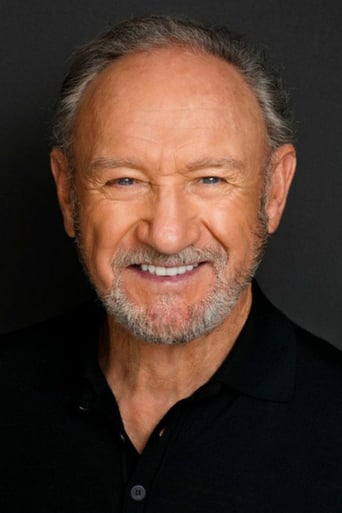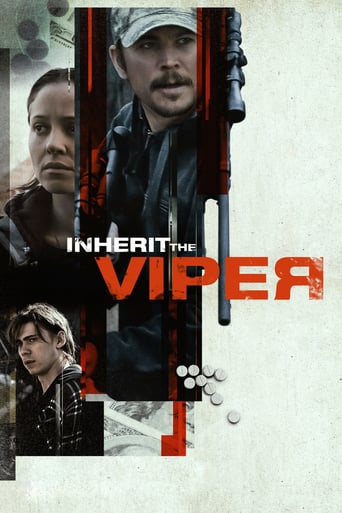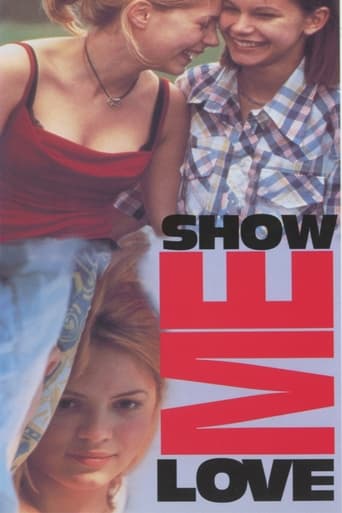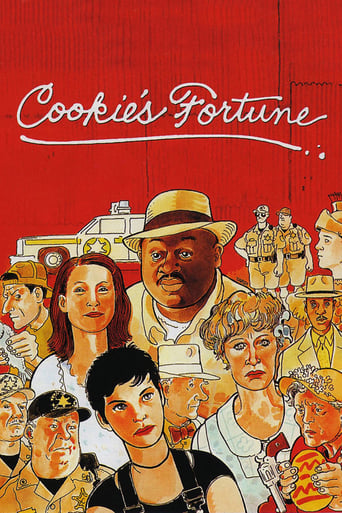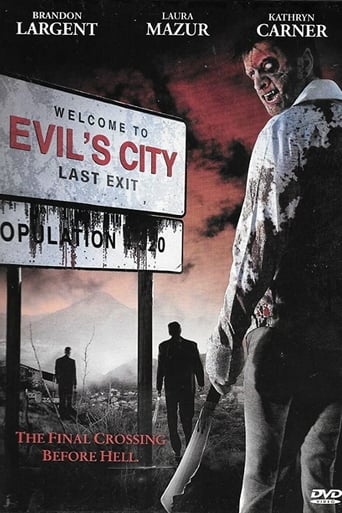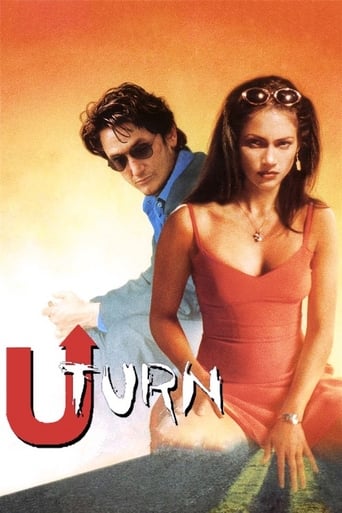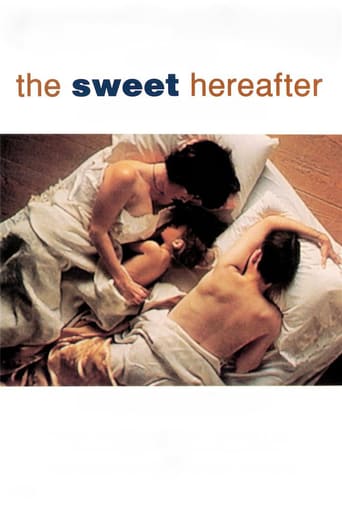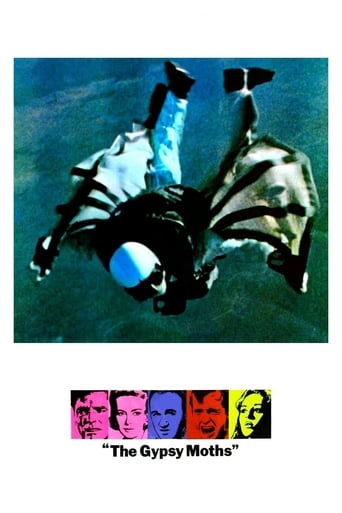
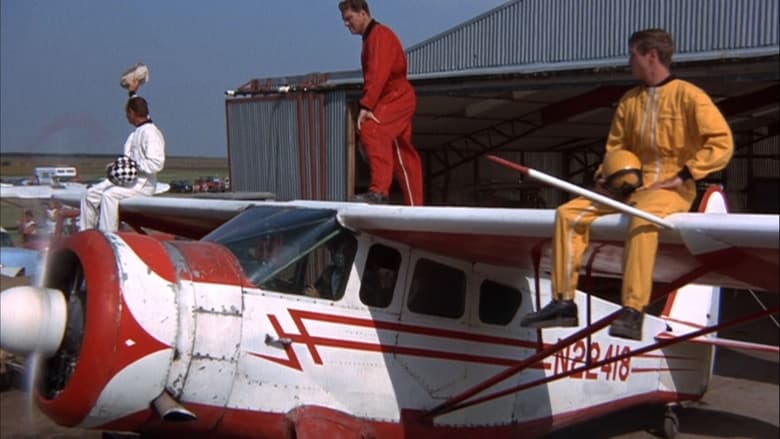
The Gypsy Moths (1969)
Three skydivers and their travelling thrill show barnstorm through a small midwestern town one Fourth of July weekend.
Watch Trailer
Cast
Similar titles
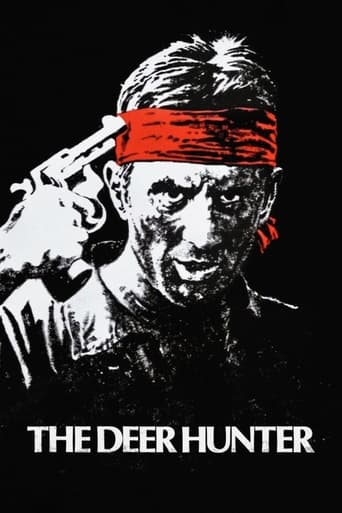
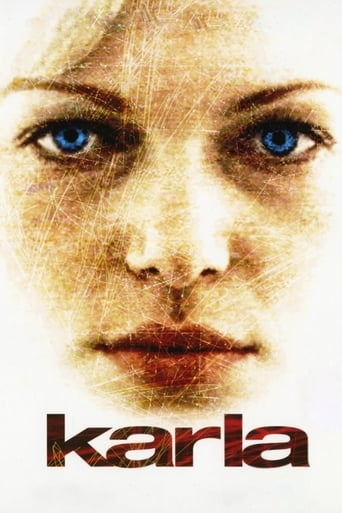
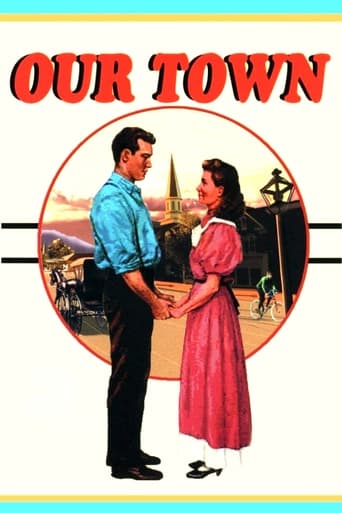
Reviews
Yo, there's no way for me to review this film without saying, take your *insert ethnicity + "ass" here* to see this film,like now. You have to see it in order to know what you're really messing with.
This is a coming of age storyline that you've seen in one form or another for decades. It takes a truly unique voice to make yet another one worth watching.
The film's masterful storytelling did its job. The message was clear. No need to overdo.
Exactly the movie you think it is, but not the movie you want it to be.
Trio of male sky-divers touring the Midwest prepare for a jump in a small Kansas town, where their benefactor is an unhappily married woman with life regrets. Despite a tag-line that suggests parachutists "turn on" by falling free--as well the appearance of go-go girls in pasties and also a lovemaking scene between Burt Lancaster and a nude Deborah Kerr--"The Gypsy Moths" doesn't have a youthful spirit, nor does it offer its audience much of a lift (everyone is so downcast). This dim, square adaptation of James Drought's novel is rather a condescending portrait of lives in a rural community. The actors have been encouraged by director John Frankenheimer to deliver the melodramatic material with the utmost seriousness, and before long the narrative is grounded (literally and figuratively). Despite being reunited with Lancaster, her "From Here to Eternity" love-interest, Kerr seems misplaced; she's stiff and drably solemn. Lancaster is surprisingly subdued or contemplative, which works to draw the viewer in, and yet his character's fast attachment to Kerr isn't convincing. Aerial footage of the trio's Kansas jump is a long time coming; Frankenheimer is much more interested in pitting man against man, man against woman, wife against husband. It feels about as real as a TV soap opera. ** from ****
touching story, a love story and spectacular air show. and the presence of right actors in narrow roles. the basic ingredient - large isles of silence as tools for a romantic story who seems be only adaptation of many others. nothing new. or impressive. Burt Lancaster use his ability to create the silent, brave, modest hero, Gene Hackman - the same friend with high ambitions and Deborah Kerr gives the right flavor to a dark - bitter story. and this impose The Gypsy Moths only as film of his cast. not a real story - only many allusions. not real acting - only nice solution to an easy problem. and the shadow of romance. as a promise. not real coherent.
During the sixties Burt Lancaster often worked with director John Frankenheimer, and the two were together responsible for a good film ("Seven Days in May"), an excellent one ("The Train") and a great one ("Birdman of Alcatraz"). I was therefore hoping that "The Gypsy Moths", made by the same director with the same star, would be a movie of similar quality. Unfortunately, it falls well short of the standards of any of those films. (I have never seen "The Young Savages", the first film they made together in 1961).It tells the story of three skydivers who arrive in a small Midwestern town to entertain the locals. It has some similarities in theme with George Roy Hill's "The Great Waldo Pepper", although that dealt with the barnstorming stunt pilots of the twenties rather than with skydivers. The first half of the movie contains little in the way of action but focuses on the relationships between the three men and the people of the town. Mike Rettig, the oldest and most experienced of the three, begins an affair with Elizabeth, his landlady and the aunt of his younger colleague Malcolm. Malcolm himself becomes friendly with a local girl, and Joe Browdy, the third member of the team, picks up a waitress in a sleazy bar. There is more action in the second half, when the team begin performing their shows, and Mike decides to try a particularly dangerous stunt.The film reunited Lancaster with Deborah Kerr, with whom he had previously appeared in "From Here to Eternity" and "Separate Tables". As in "From Here to Eternity" there is a love scene between them, and the differences between the two scenes serve as a good example of the way in which social values changed between the early fifties and the late sixties. In 1953 a few seconds of Kerr and Lancaster embracing on the beach in their swimsuits caused uproar. In 1969 a longer and more explicit sex scene including nudity was much less controversial.Frankenheimer, apparently, regarded this as one of his best films and was greatly disappointed at its lukewarm reception by the critics and the public, although it was welcomed by skydivers themselves who saw it as an opportunity to promote their sport. With all due respect to Frankenheimer, who at his best was an excellent director, I think that the critics were right.The best of the cast is Gene Hackman as Joe; at this time he was not yet a major star, despite being nearly forty, but he shows the talent that was soon to make him one. Lancaster, however, gives one of his weaker performances and never makes the rather world-weary Mike come alive. There is no sense of why Mike is so keen to risk his life.As for Kerr, her presence here is something of an embarrassment. The action scenes featuring skydiving stunts were well done, but Frankenheimer never succeeds in capturing the sense of excitement which Hill brought to "Waldo Pepper". For the most part the film never rises above the level of a dull soap opera. 5/10.
I had been underwhelmed by my first viewing of this film but, re-acquainting myself with it now, has proved a relatively more satisfying experience. Director John Frankenheimer here tries to do for sky-diving what he had previously done for motor-car racing in GRAND PRIX (1966) - which, ironically, would virtually be the last unqualified critical and commercial success he¡¦d enjoy for over 30 years (as it happens, I've just learned that it'll be released by Warners this year as a 2-Disc Set!) - and in the accompanying Audio Commentary states that THE GYPSY MOTHS is one of his own personal favorites! The actors are all extremely convincing - both established and upcoming stars - managing to overcome the potentially soap opera-ish situations of the script; apparently, Scott Wilson's role was originally slated for John Phillip Law (who had to be replaced when he hurt his wrist while performing a stunt for the film). This was Lancaster's fifth and final collaboration with Frankenheimer, in which he shares a fairly ridiculous sex scene with Deborah Kerr (16 years after their famous clinch on the beach in FROM HERE TO ETERNITY [1953]!); incidentally, that same year, she also appeared in the nude alongside Lancaster's old pal Kirk Douglas in Elia Kazan's THE ARRANGEMENT (1969)...and then disappeared from the screen for 16 years! As a matter of fact, for all the film's air of an old-fashioned melodrama, it's surprisingly "with-it" (Sheree North is also featured as a performing stripper Gene Hackman picks up in a bar).Anyway, the small-town atmosphere is vividly captured (down to the irascible old coot of a band-leader, actually Lancaster's dialogue coach!) and the sky-diving sequences - highlighted by elaborate and spectacular photography - create the appropriate excitement (even if they do not take up too much of the running time). However, the existential undertones (Lancaster as a taciturn sociopath with a death-wish; Kerr, trapped in a loveless marriage, consoles herself with the boarders she takes in from time to time; Hackman, a regular church-goer for all his philandering, getting the shakes the night before the big day, etc.) are less successful. Still, the film is kept going steadily by virtue of Elmer Bernstein's evocative and memorable score...


